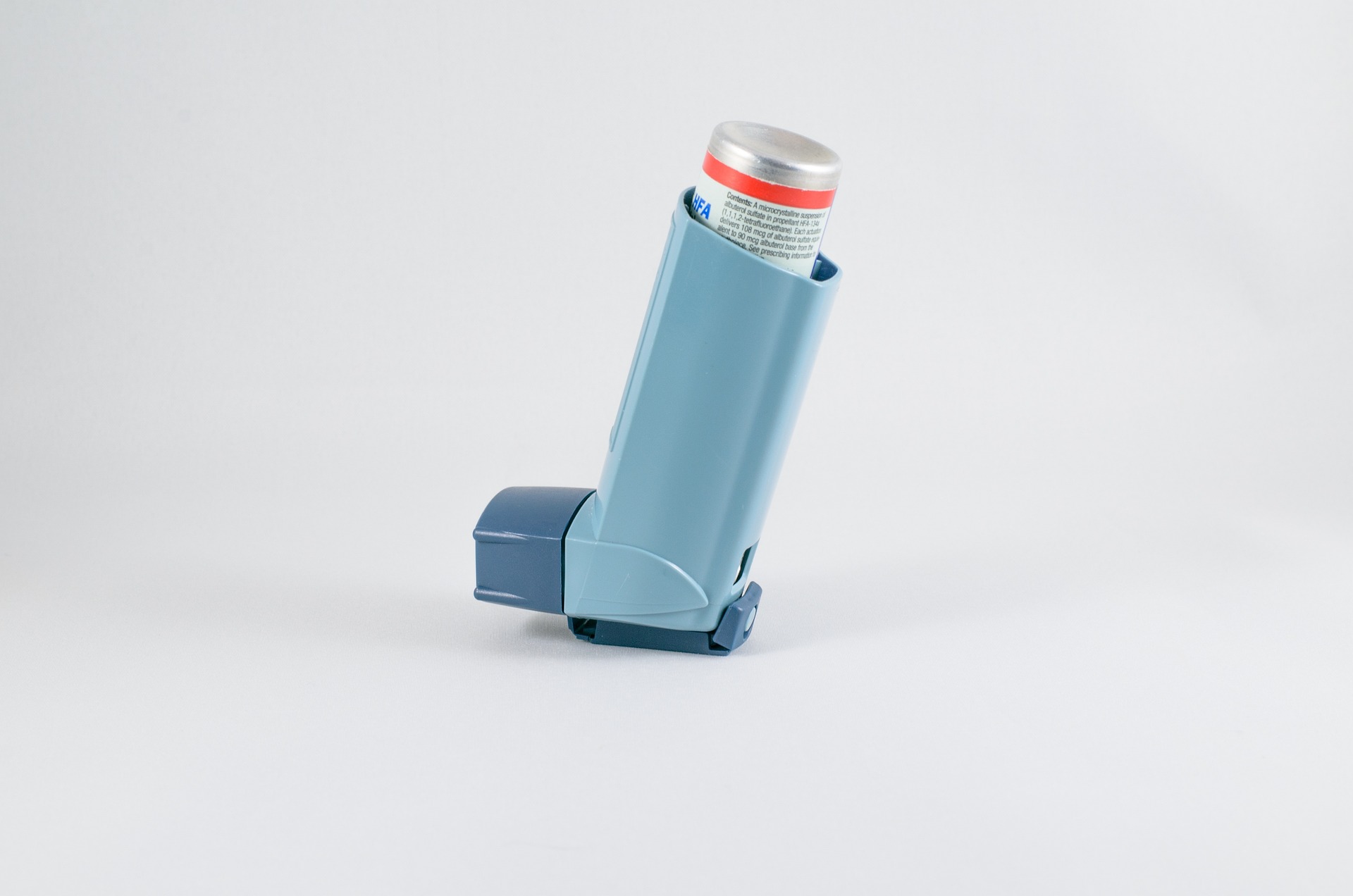Understanding Chronic Nasal Polyps: What to Know and How to Treat Them
Chronic nasal polyps are soft, painless growths that develop in the lining of the nasal passages or sinuses. While they are noncancerous, they can cause significant discomfort and affect your quality of life. Understanding what they are, their causes, symptoms, and available treatment options can help you manage this condition effectively and know when professional care is necessary.

Nasal polyps are a common condition that affects millions of people worldwide, yet many remain unaware of what they are until symptoms become bothersome. These soft, teardrop-shaped growths hang down from the nasal passages and can vary in size from barely noticeable to large enough to block airways. While generally harmless, chronic nasal polyps can lead to breathing difficulties, loss of smell, and recurring sinus infections if left untreated.
What Are Nasal Polyps?
Nasal polyps are benign growths that form on the mucous membranes lining the nose and sinuses. They result from chronic inflammation and appear as smooth, grape-like structures that can occur singly or in clusters. Small polyps may not cause any symptoms, but larger ones or groups of polyps can obstruct nasal passages and lead to various complications. They are most common in adults and are often associated with other conditions such as asthma, allergies, and chronic sinus infections. Unlike other types of growths, nasal polyps are not cancerous and do not have nerve sensation, which means they are typically painless.
What Causes Chronic Nasal Polyps?
The exact cause of nasal polyps remains unclear, but they are strongly linked to chronic inflammation of the nasal passages and sinuses. This inflammation can be triggered by several factors, including chronic sinusitis, allergic rhinitis, asthma, aspirin sensitivity, and cystic fibrosis. Some people may have a genetic predisposition to developing polyps, particularly those with immune system abnormalities. Chronic infections, both bacterial and fungal, can also contribute to their formation. Environmental factors such as air pollution and exposure to certain chemicals may play a role in triggering the inflammatory response that leads to polyp development. People with conditions that cause long-term nasal inflammation are at higher risk of developing chronic nasal polyps.
Common Symptoms
The symptoms of nasal polyps can range from mild to severe, depending on their size and location. The most common symptom is a persistent stuffy or blocked nose that does not improve with standard treatments. Many people experience a reduced or complete loss of sense of smell and taste, which can significantly impact quality of life. Postnasal drip, where mucus constantly drips down the back of the throat, is another frequent complaint. Other symptoms include facial pain or pressure, particularly around the forehead and cheeks, frequent nosebleeds, snoring, and recurring sinus infections. Some individuals may experience headaches, itching around the eyes, and a sensation of something being stuck in the nasal passages. Because these symptoms overlap with other conditions like allergies or sinus infections, proper diagnosis is essential.
How Are Nasal Polyps Diagnosed?
Diagnosing nasal polyps typically begins with a thorough medical history and physical examination. A healthcare provider will ask about symptoms, duration, and any related conditions such as asthma or allergies. A nasal endoscopy is often performed, where a thin tube with a light and camera is inserted into the nasal passages to visualize the polyps directly. This procedure allows doctors to assess the size, location, and extent of the growths. Imaging tests such as CT scans or MRI may be ordered to provide detailed images of the sinuses and identify the full extent of inflammation or blockage. Allergy testing might be recommended to identify potential triggers, and in some cases, a biopsy may be performed to rule out other conditions, although this is rare since nasal polyps have a distinctive appearance.
When to See a Specialist
While mild nasal congestion can often be managed with over-the-counter medications, certain symptoms warrant a visit to a specialist. You should consult an ear, nose, and throat specialist if you experience persistent nasal obstruction lasting more than a week or two, complete loss of smell, severe facial pain or swelling, or vision changes. Recurring sinus infections, difficulty breathing, or symptoms that do not respond to standard treatments are also red flags. People with asthma who notice worsening symptoms should seek medical attention, as nasal polyps can exacerbate respiratory conditions. Early intervention can prevent complications and improve treatment outcomes. A specialist can provide targeted therapies, including prescription medications and, if necessary, surgical options to remove large or problematic polyps.
Treatment Options and Management Strategies
Treatment for chronic nasal polyps focuses on reducing inflammation and shrinking or eliminating the growths. Corticosteroid nasal sprays are often the first line of treatment, helping to reduce swelling and improve breathing. Oral corticosteroids may be prescribed for more severe cases, though long-term use is avoided due to potential side effects. Antihistamines and decongestants can help manage associated allergy symptoms. For polyps that do not respond to medication, surgical removal may be necessary. Endoscopic sinus surgery is a minimally invasive procedure that removes polyps and opens blocked sinus passages. Newer biologic medications, such as monoclonal antibodies, have shown promise in treating chronic nasal polyps, particularly in patients with severe disease or those who have not responded to other treatments. Ongoing management often includes regular follow-up appointments and continued use of nasal sprays to prevent recurrence.
Conclusion
Chronic nasal polyps are a manageable condition when properly diagnosed and treated. Understanding the causes, recognizing symptoms early, and seeking appropriate medical care can significantly improve quality of life. While medications can effectively control symptoms in many cases, some individuals may require surgical intervention for lasting relief. Working closely with healthcare professionals and following a comprehensive treatment plan can help prevent recurrence and minimize the impact of nasal polyps on daily activities. If you experience persistent nasal symptoms, consulting a specialist is an important step toward finding the right solution for your needs.
This article is for informational purposes only and should not be considered medical advice. Please consult a qualified healthcare professional for personalized guidance and treatment.




